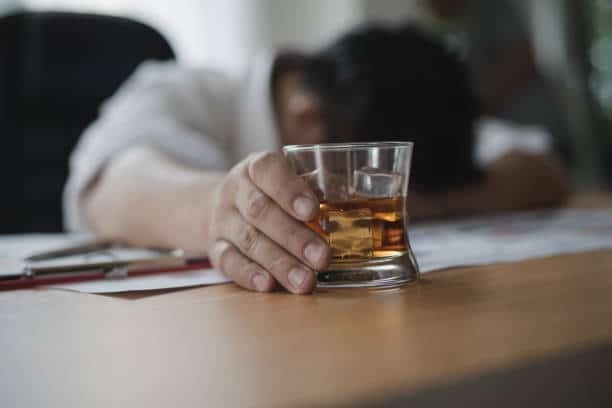Despite alcohol ban a hooch tragedy in the Saran district of Bihar has taken at least 70 lives. A few days earlier the consumption of contaminated liquor led to the death of 20 people and the toll has risen to 70. The police investigation was earlier transferred to the SIT which has now arrested a smuggler related to the hooch tragedy.

The openness of the Alcohol ban
An alcohol ban policy is one of the most desired things among Indian citizens. A majority of Indian women support the policy of restriction on the consumption of alcohol. Therefore, few State governments have adopted this policy for the betterment of their people. States like Bihar, Gujarat, Mizoram, and Nagaland came forward and have already adopted an alcohol ban policy.
But this is not the only case if we look at a surprising trend we find, not only alcohol is being consumed in these states but also the death toll due to the consumption of alcohol is high.
In the case of Bihar where Nitish Kumar’s government implemented the alcohol ban policy in 2016. But the manufacturing and sale of deceptive liquor are still going on in the state.
Gujarat is the only state which has a provision for the death penalty for the manufacturing and sale of any kind of homemade alcohol. The Bombay Prohibition (Gujarat Amendment)Act, 2009 is still in use. But this is not the exact case in Gujarat also.
Mizoram and Nagaland state also witness the same trend of illicit trading of alcohol within their boundary despite having an alcohol ban policy.
Alcohol ban and its fading inevitability
Whether it is a dry state or a regular state in terms of alcohol ban the reality is equivalently the same everywhere. Deaths due to the use of illicit liquor are not only recurring but also amounting day by day, the numbers are in the hundreds.
It has now become very important to speculate and analyze the rules and regulations of this policy. The need to scrutinize the existing policies related to the ban on manufacturing and selling is relevant and demand of time.
In India, the liquor ban is not showing any desired outcome either in present or in long term. Because the reality is very different from the one we expected. In dry states, you can not only find alcohol but also at your ease. And on the other hand, the ban led to the prevalence of manufacturing illegal liquor on a large scale whose consumption can lead to major serious health issues or death also.
Rajasthan and Andhra Pradesh have also promised during the election that these states will impose restrictions on alcohol consumption and manufacturing but after critically analyzing the cases of both Bihar and Gujarat, they stepped back.
The Peculiar Case of the Alcohol ban in Bihar
The then-Nitish Kumar-led Bihar government imposed restrictions on alcohol in the state in 2016. Its been Six years now but the sale of alcohol is not only continued but also increased in recent years.
Illegal manufacturing is another trend which is also continued to rise resulting in the frequent occurrence of deaths due to the consumption of locally made liquor and its other forms such as Hooch, which is in the news these days.
According to data provided by the Director General of, Confederation of Indian Alcoholic Beverage Companies (CIABC), In Bihar, more than 2 lakh cases have been registered under the prohibition Act since April 2016. Approx 2.5 lakh people have been booked and around 1.5 lakh accused have been arrested. So it eventually increases more burden on the judiciary which is already facing the problem of case pendency.
Alcohol and its social, political, and economical prospect must be well analyzed under wider scrutinized methods before taking further steps.
Alcohol consumption and illicit alcoholism are two different threads that we will have to understand and then focus on the illicit term.













